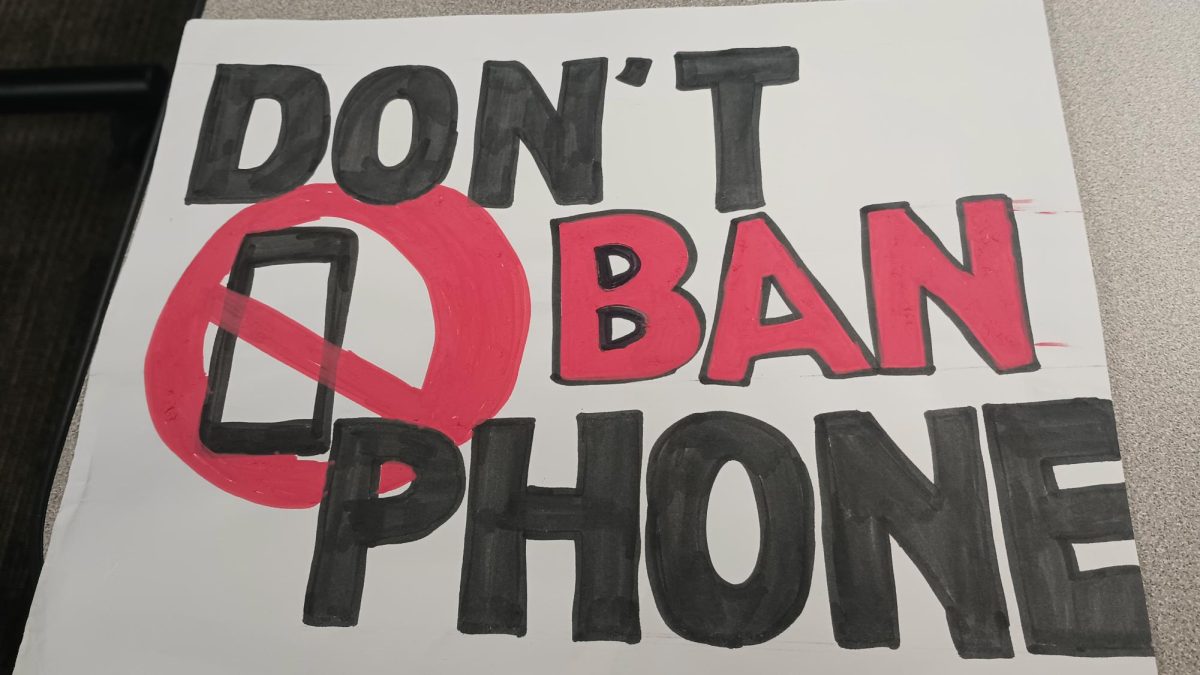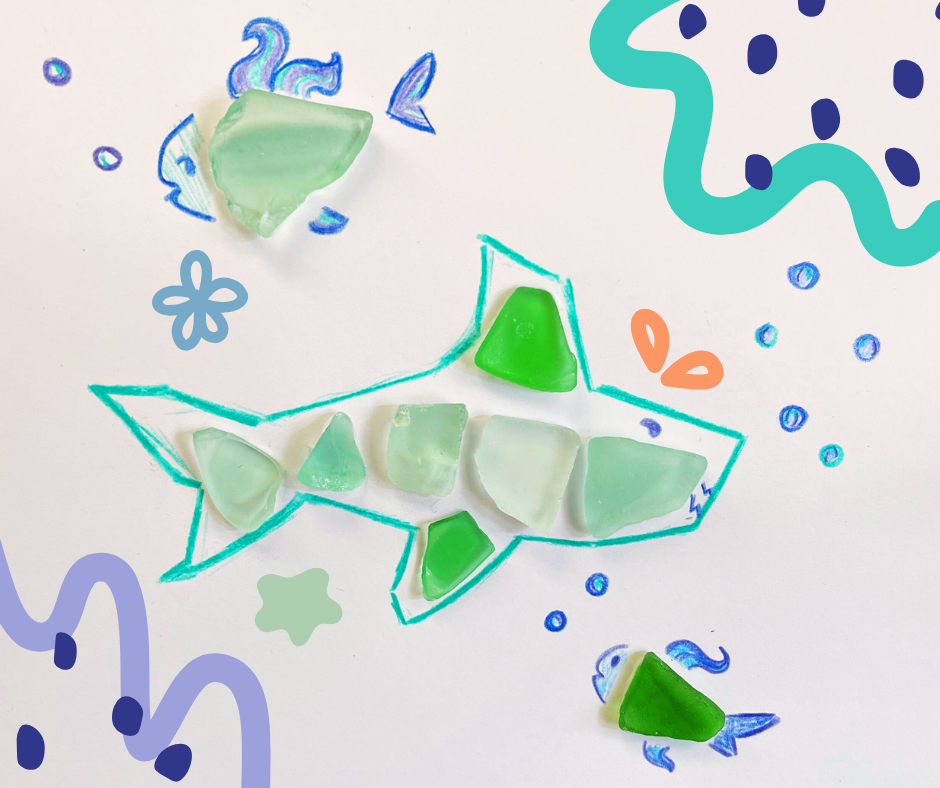In a bold and chilly move to raise awareness for mental health, people across the world are taking part in the Ice Bucket Challenge—a viral sensation where participants poured ice-cold water over themselves to support a worthy cause.
While the challenge quickly became a fun, shareable moment on social media, many participants may not have fully understood its deeper purpose: raising awareness and funds for mental health. Behind the splash of cold water was a message of support for those struggling with mental illness—and a call to action to help fund critical resources and treatment.
The University of South Carolina “Speak Your MIND Challenge” actually traces its roots back to 2014, when the original Ice Bucket Challenge was launched to raise awareness for Amyotrophic Lateral Sclerosis (ALS). ALS is a progressive disorder that targets the nerve cells in the brain and spinal cord responsible for muscle movement. Over time, it leads to a gradual loss of muscle control and function. Unfortunately, there is still no cure for this disease and the journey for those affected can be incredibly difficult, both physically and emotionally.
Inspired by that movement, Wade Jefferson, a junior at the University of South Carolina, started the MIND Club—Mental Illness Needs Discussion—after losing two friends to suicide during college.
With the help of over 2,300 donors, more than $40,000 was raised to provide vital mental health services for teens and young adults. Mental health is vital to overall well-being, but for many, access to hotlines, therapists, or hospital care is limited due to financial or personal barriers. This challenge created a fun, inclusive way to bring attention to the issue and real help to those who need it.
Freshman Hannah Lynch from Irvine High shares her opinion.
“I felt happy I was contributing to suicide awareness. I was also excited to get nominated, but surprised when it slowly got closer to me,” Lynch said.
Across the country, communities came together to take part in the challenge—turning a simple act into something powerful. For many, it was more than just a trend; it was a new way to connect with an important cause.
Freshman Allison Hernandez at Santa Ana High School speaks on this topic.
“I thought it was something fun while trying to spread awareness. I haven’t seen any challenges like this one,” Hernandez said.
For many students like Hernandez, this was their first time doing the Ice Bucket Challenge. As the new version spread through schools and social media, a whole new wave of participants joined in—many unaware of the challenge’s origins. But that’s the power of a movement like this: it evolves, reaches new people, and continues to make an impact in ways that even the original creators couldn’t have imagined.
High school students helped the campaign grow a lot, nominating friends, who then nominated their friends—creating a ripple effect of participation and awareness. Even those unfamiliar with the original 2014 Ice Bucket Challenge learned something new, proving how far and wide a message can travel when shared with heart and purpose.
While there are some people who know the true meaning behind the cause, others may just participate for the fun of it. It is hard to tell exactly who is truly impacted and who is just following a trend. Still, every shared video, every nomination, and every bucket of ice water carries the potential to spark a conversation.
Freshman Roxanne Aguilar expresses mixed feelings about the challenge’s impact.
“To be honest, I don’t really think it is making an impact since people seem to forget why it is a trend and they just do it for fun,” Aguilar said.
Her comment raises a valid point—when movements go viral, their original purpose can sometimes get lost. But that doesn’t mean the effort is meaningless. In fact, perspectives like Aguilar’s remind us why it’s important to keep the message front and center. Awareness starts with asking questions, challenging assumptions, and speaking honestly.
Freshman Clarissa Cazales at Godinez Fundamental High School discusses what she thinks.
“I think it’s a good way for lots of people to gather and have fun and raise awareness,” Cazales said.
This lighthearted challenge carries a deeper meaning, helping people become more aware of those who have suffered from mental health struggles. It’s not just a trend, but a fun way to encourage others to get involved. This challenge sends the important message that it’s okay to speak your mind if you’re struggling with your mental health.


































